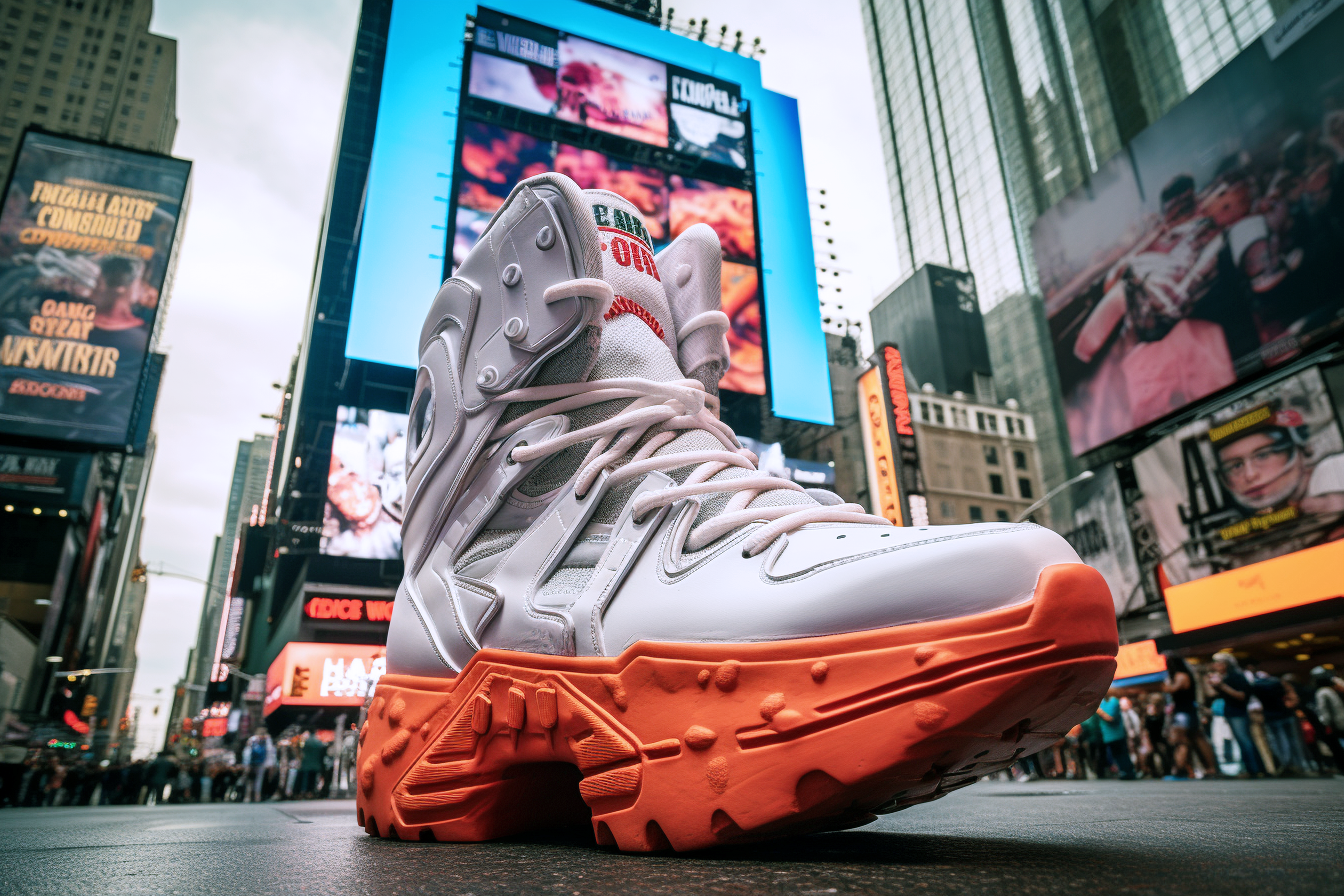Breaking the Limits
of Rationality
Author
Danton Sihombing | Founding Partner
Humans sometimes compare themselves to others to encourage self-development, self-motivation, and positive self-image. As a result, humans constantly evaluate themselves and others in various domains, such as attractiveness, wealth, intelligence, and success. Celebrity culture and social media make people endlessly compare themselves to others, sometimes beyond the limits of reason, to appear perfect on social media.

Here is one story. Several sneaker festivals have been held in various malls in Jakarta. Usually, around 50 to 60 vendors sell a variety of sneakers, t-shirts, hoodies, and accessories for young people. The brands carried by the vendors are classified as streetwear fashion, with famous brands such as Off-White, Comme des Garçons, Nike, Balenciaga, Supreme, Anti Social Social Club, Rip N Dip, and Bathing Ape.
The variety of streetwear fashion products under these brands is not cheap. The scarcity marketing approach is also used for some product series that are produced in limited quantities and then consistently build up the perception of being rare to increase demand. This naturally leads to a fantastic selling price beyond the rationality of weighing the value of a product. What is the rationale for a t-shirt that costs 13 million rupiah?
Sneaker festivals like this have become a hunting ground for millennials and Gen-Z urban upper-middle-class. They are willing to queue up and pay entrance tickets to browse the stalls at the festival. What are they looking for? For sneaker enthusiasts, the ability to own a collection of particular brands is no longer based on rational considerations. The term "hypebeast" eventually emerged to identify the phenomenon of this group. This refers to people obsessed with collecting streetwear, fashion, trendy and rare clothing, shoes, and accessories from certain brands. This group is eager to build impressions and social recognition by showing off their collection items while hoping to become the subject of conversation and garner praise from their friends or even to get a glance of admiration from fellow hypebeasts they don't know.
The basis of this unique or somewhat unreasonable consumer behavior is called the Veblen Effect, in which consumers spend their money on more expensive goods, even though there are substitute goods that are not identical but are cheaper. This effect is based on consumers' belief that higher prices have better quality or are also driven by consumers' motivation to gain social recognition.
Brands create associations and expectations between producers and consumers, especially in the current era where brands have become a personal philosophy considered increasingly important and often become a form of relevant and genuine self-expression. This perspective emphasizes the role of brands as a device that correlates with brand personality and product superiority, whether in the form of goods or services. Consumer conceptions and perceptions form the basis of purchase decisions and trust in a brand. As a result, branding has become a practice in commercial activity that encourages the creation of a personal relationship between consumers and the objects they consume.
